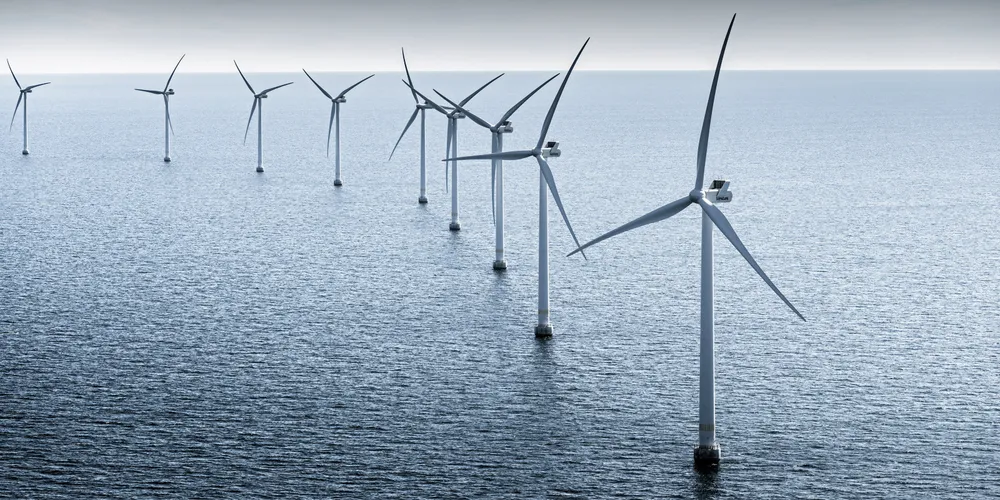Voters reject huge Swedish offshore wind projects by Iberdrola and Skyborn
Referendum in central Sweden shoots down giant plans in Bay of Bothnia but developers hope local council will still approve them

Skyborn Renewables – the newly-rebranded offshore wind business Global Infrastructure Partners (GIP) acquired from German developer Wpd – suffered a setback as voters in the Swedish municipality of Söderhamn seem to have shot down its plans for the 1GW Storgrundet offshore wind project in the Bay of Bothnia.
Another huge project by local developer Svea Vind called Gretas Klackar 2 also was subject to the vote. Iberdrola in 2020 signed a deal giving it the right to take a majority stake in Svea Vind's projects at sea, meaning the global renewables giant was also affected by the outcome.
Almost 55% of voters in a local referendum rejected offshore wind projects in waters near the municipality, while only 35% were in favour, according to official results of the small coastal municipality in central Sweden.
But it is not immediately clear whether the vote also means the end of the projects.
"As Skyborn already has a permit to build and operate Storgrundet wind farm, the local vote only affects the renewed application that will enable to extend and modernise the project," the note said, adding that public votes in Sweden are only advisory for local politicians.
"Since the renewed application for Storgrundet already received municipal approval, we expect that the politicians will remain in their positive decision.
"Given the above, the outcome of the public vote has no impact on the continued work to realise the Storgrundet project with its potential of 1GW of renewable electricity capacity.”
Iberdrola had no comment.
"We respect the fact that wind power projects affect people's local environment, at the same time that electricity is needed and contributes to society," Svea Vind Offshore chief executive Eva Vitell said on the company's website, and in an attempt to still save the project added: "The Gretas Klackar 2 wind farm could deliver 2.2TWh of fossil-free electricity to the Gävleborg region as early as 2026.
"This would mean reduced electricity prices for the region's households and businesses, giving the industry the opportunity to adjust. It creates growth and jobs in Gävleborg."
Söderhamn is a small town in the larger region of Gävleborg.
Svea Vind also showed itself defiant, saying the next step now is for Söderhamn's municipal council to make a decision on the approval of the establishment of the Gretas Klackar 2 wind farm.
"We can learn several things from the referendum. We can get better at having a more active dialogue in our projects. We will deepen cooperation with everyone affected, from nearby residents to local businesses."
Municipal veto right
Swedish municipalities have a right to veto wind energy projects in their territory, which also extends to adjacent waters within the country’s exclusive economic zone. The rule last year had contributed to only 22% of all Swedish onshore wind projects getting a permit, and the offshore wind sector fears it may also derail a series of projects at sea.
The country’s outgoing Social Democrat-Green minority government earlier this year had tried to amend the rule to only allow a veto in early development stages, but was voted down by the centre-right opposition. That makes it unlikely that the municipal veto right will be watered down by a new right-wing government that is likely to take power after general elections earlier this month.
The far-right Sweden Democrats, which became the country’s second most voted party and will probably be the king-maker of a new right-wind government, in their election manifesto have vowed to ‘protect the municipal veto when establishing wind power’.